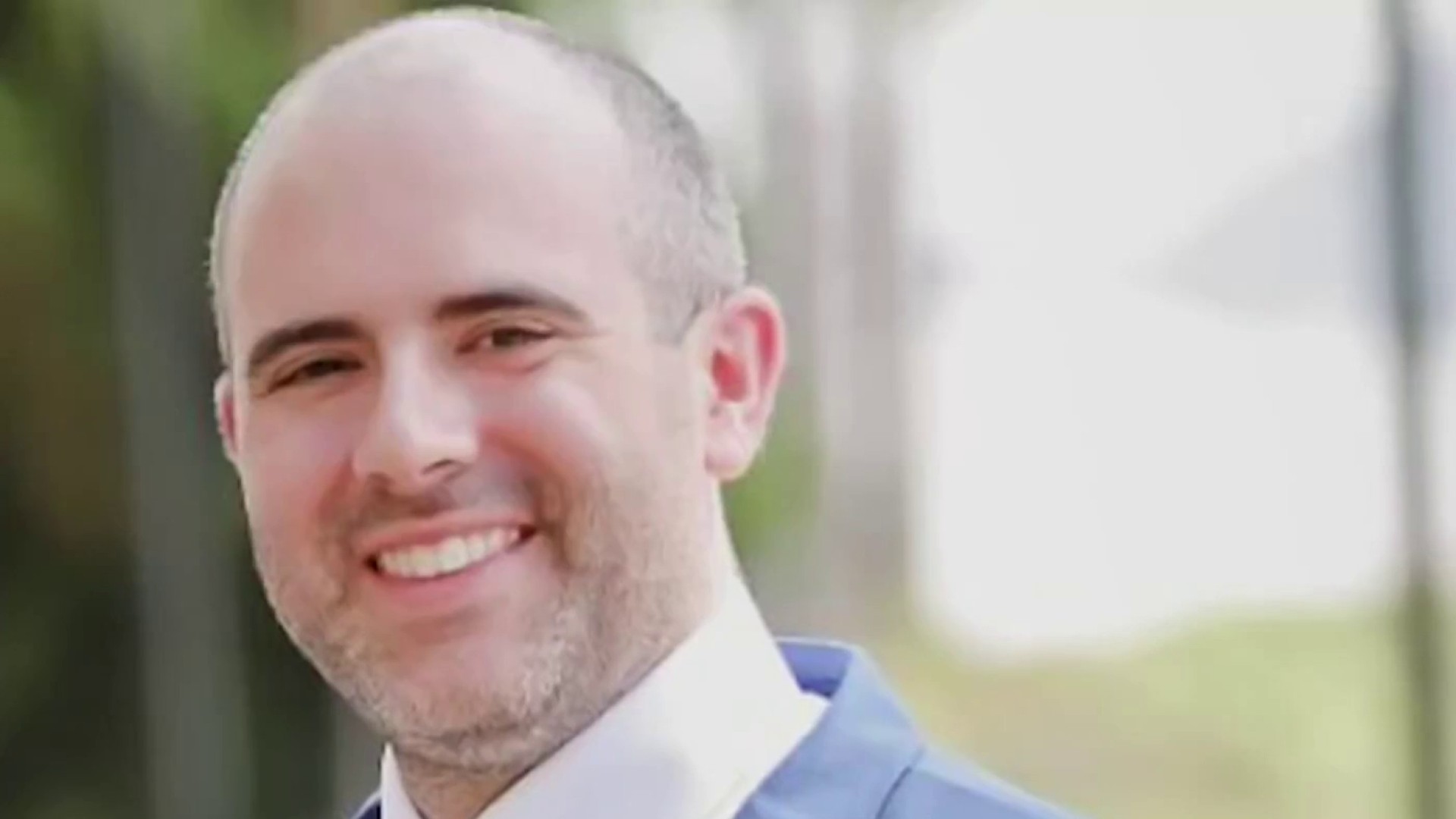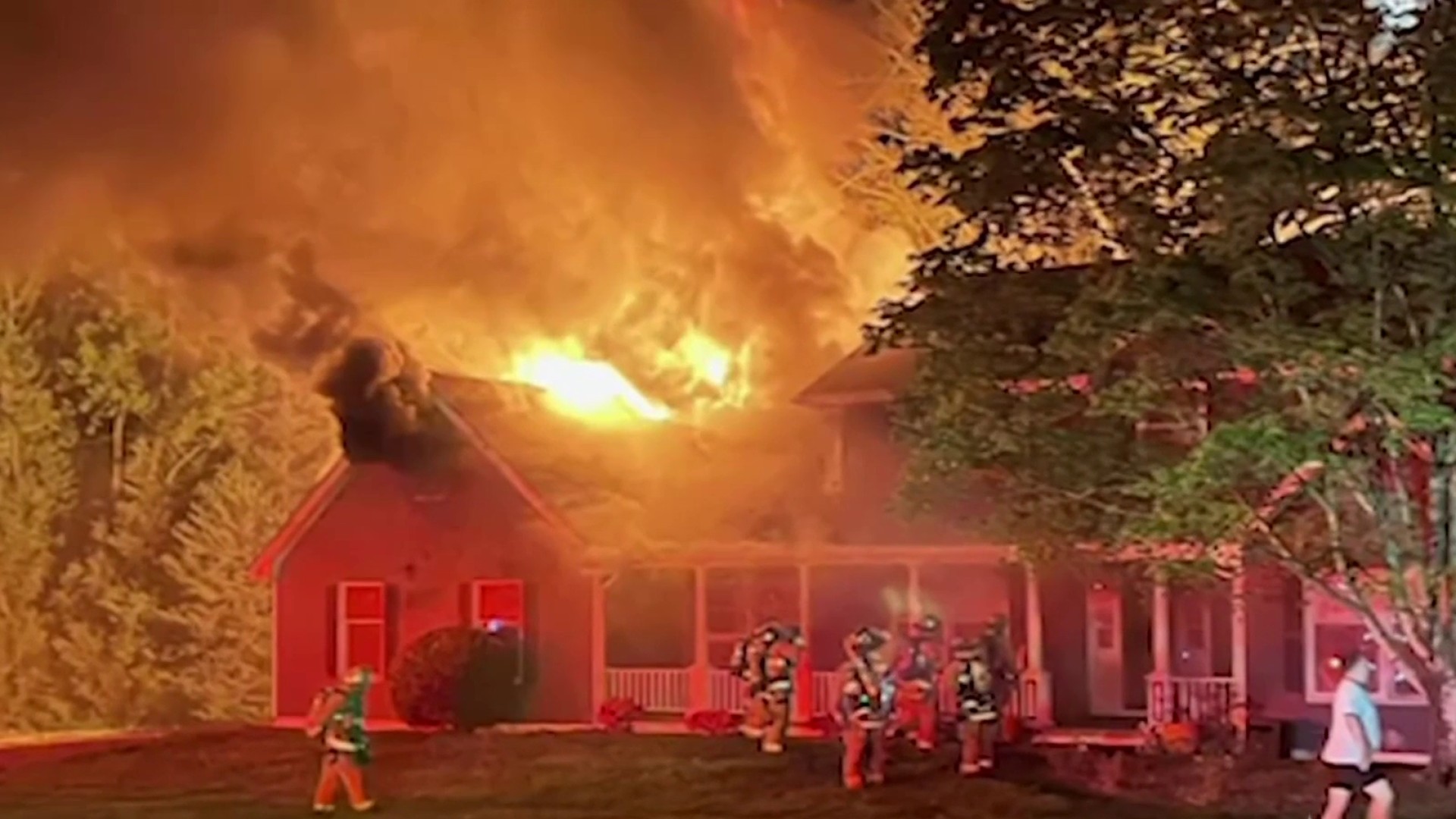The U.S. Attorney for the District of Columbia has charged at least 50 people in connection with riots at the Capitol, but one former prosecutor from that office has serious concerns that many more rioters could get away without being charged — or even be pardoned by President Donald Trump.
"With Donald Trump, one never knows," said former Assistant U.S. Attorney Glenn Kirschner, who spent 30 years prosecuting federal crimes in the District.
We're making it easier for you to find stories that matter with our new newsletter — The 4Front. Sign up here and get news that is important for you to your inbox.
In any other place in the U.S., state and local crimes are outside the reach of a presidential pardon; that would only apply to federal crimes. But in Washington, D.C., local cases are also handled by federal prosecutors, so Trump's pardon ability also extends to local crimes as well.
"It doesn't get any more democracy-damaging than not being able to hold those folks accountable," Kirschner said.
And he worries that could happen in a number of ways. Protester cases are often challenging since prosecutors need to balance First Amendment rights on a public street. But Kirschner says scores of protestors entering the U.S. Capitol building is vastly different.
Local
Washington, D.C., Maryland and Virginia local news, events and information
"Disorderly conduct in a federal building, it makes it much easier," he said.
But what isn't so easy is how many of those rioters left the Capitol building without being arrested. Now, federal agents are combing through cellphone videos, social media posts and surveillance footage trying to identify suspects. Kirschner says prosecutors will be limited to what the pictures show, so proving exactly what each person did may be a challenge.
"I have no doubt that more people will get away with the crimes they committed than will be held accountable for the crimes they committed," said Kirschner.
He says there are ample crimes to charge, including rioting, destruction of property, disorderly conduct and unlawful entry into a federal building. But he worries even those who do get charged could still get away with it, given the president's propensity to pardon his supporters.
"If he pardons people who directly attacked our democratic process, committing crimes while they were doing it," said Kirschner. "How much more egregious, unjust, unfair, inappropriate does a presidential pardon get?"
It could get even worse if the president decided to pardon himself for any crimes he may have committed, which in D.C. also extends to any local crimes. Because the District is not a state, there is no elected district attorney to answer to local voters.
Photos: Pro-Trump Supporters Breach the Capitol Building
"It's beyond unfortunate. The citizens of the District of Columbia seem to get the shaft in any number of ways because D.C. is not a state," Kirschner said.
He believes it should be up to a grand jury to decide if Trump's words to his supporters via tweets and in person Wednesday morning led them to storm the Capitol.
"Based on everything I saw my 30 years as a federal prosecutor, it sure looks like there's enough to charge him with inciting a riot," said Kirschner, adding that prosecutors should not shy away from filing charges simply because they might end in a pardon.
Kirschner believes a presidential self-pardon might not hold up in court, citing a Department of Justice legal opinion issued during Watergate, which found that unconstitutional. He says the only way to know for sure is to take a case to court.
News4 reached out to the White House to ask if there's been any talk of pardoning Trump supporters who entered the Capitol, or the president himself, but there has been no response.



